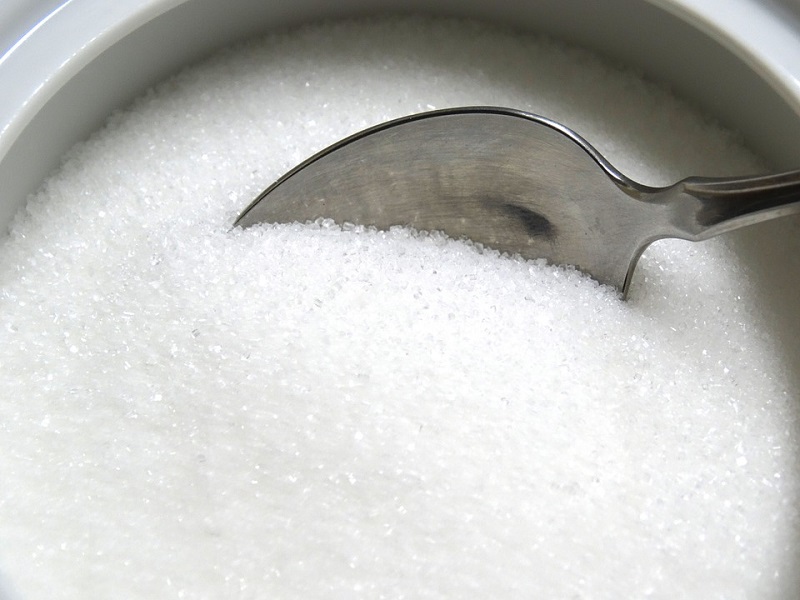Public Health England has repeated the UK’s salt reduction programme, but this time the focus is in reducing sugar consumption. The scheme “Sugar Reduction: Achieving the 20%” has been set up in order to improve the health of UK consumers and is a positive step.
Research has been carried out by GlobalData which has shown that the campaigners that are working on reducing sugar need to attempt to be more holistic in their approach. It is thought that focusing on taxation may not create the results wanted by Public Health England.
It has been suggested in the report by GlobalData that repeating similar steps that were used to reduce the UK’s salt intake is a great idea. A strategy that means manufacturers, action groups and other relevant parties together in order to achieve results worked with salt, as there was a 11% reduction in the consumption of salt achieved. If results can be emulated when cutting back on sugar consumption, without the requirement of intricate legislation, then it would be a successful campaign for public health organisations like Public Health England as well as the food and drink industry.
Public Health England is wanting to see a reduction of sugar consumption by at least 20% by 2020. This means a reduction in the amount of sugar in foods produced which includes biscuits and breakfast cereals as well as confectionery and ice creams. These are some of the most sugar filled products consumed by children according to Public Health England. The organisation want significant improvements in this area compared to the figures in 2015 in order to try and tackle childhood obesity.
Obesity rates are rising in the UK and it is thought by 63% of the consumers in Britain the sugar has a negative impact on their health. The plan is to look at options other than taxes for the specific sector and changing manufacturing as well a customer approach is thought to be an effective way of getting long term change in sugar consumption.



